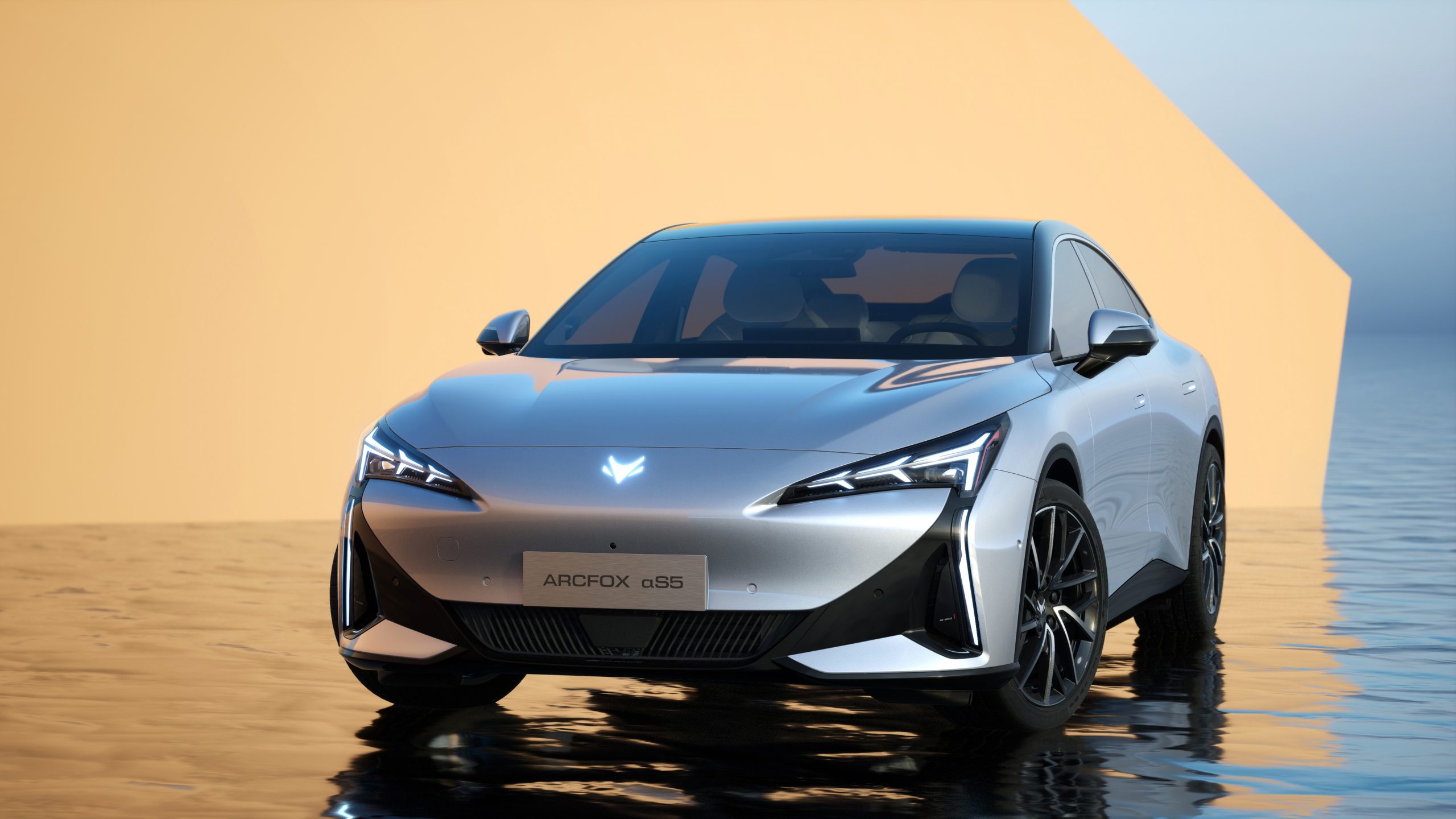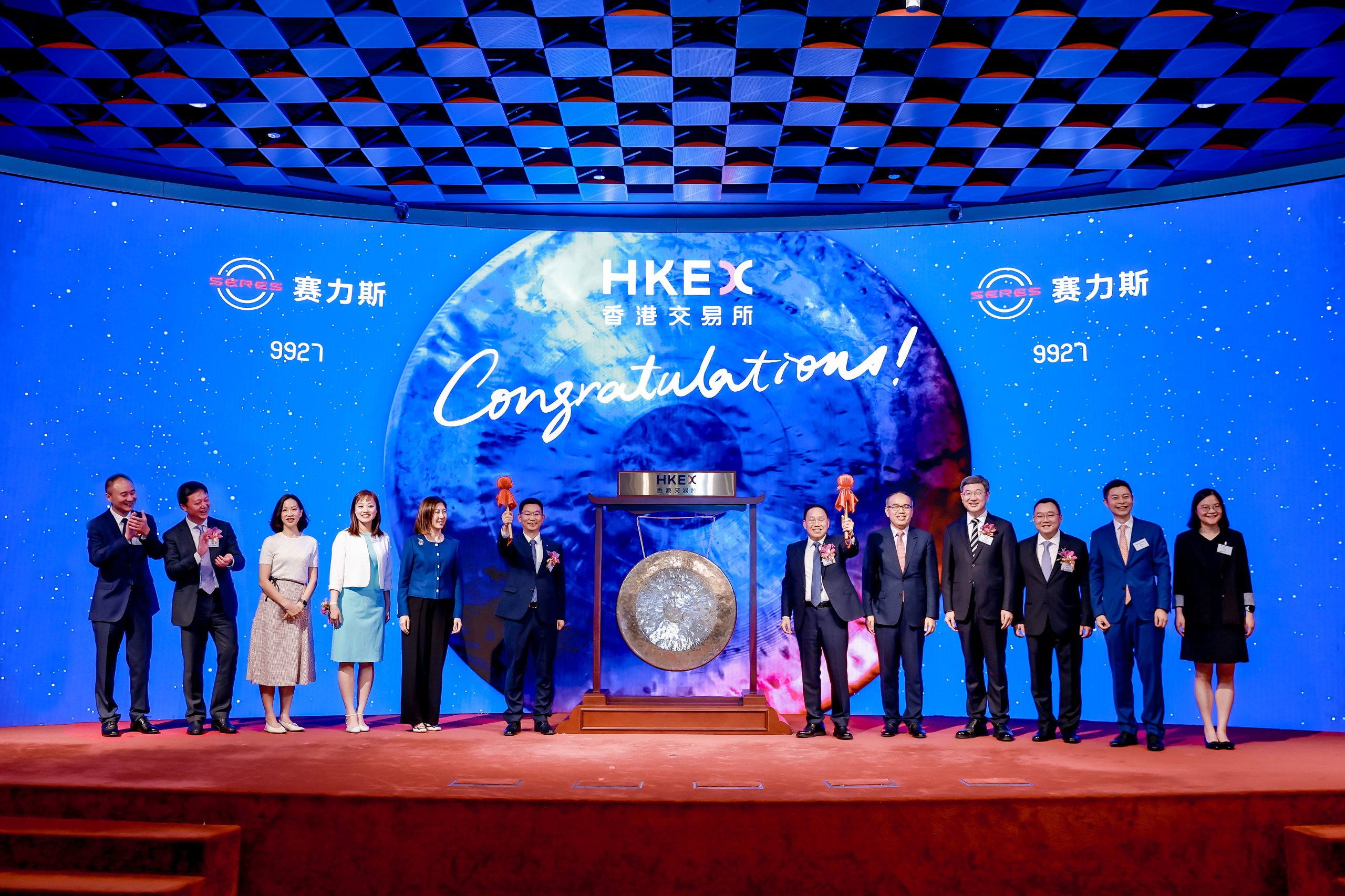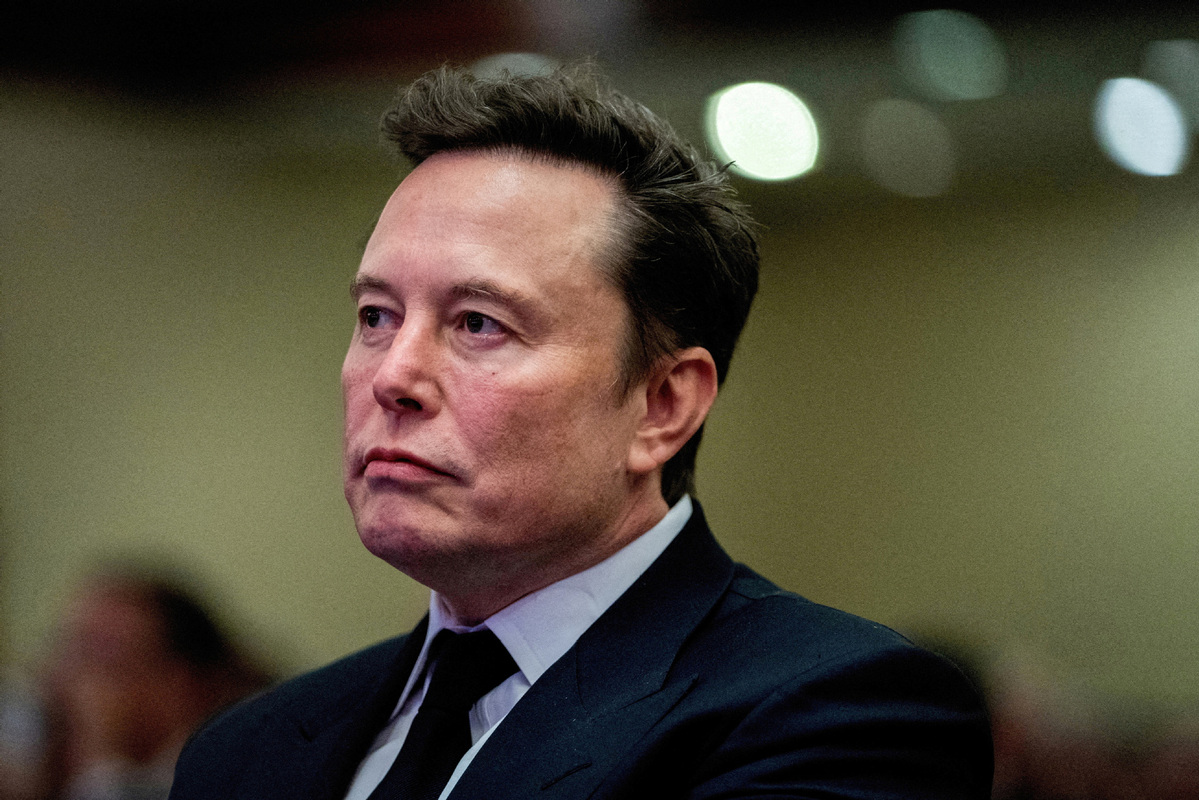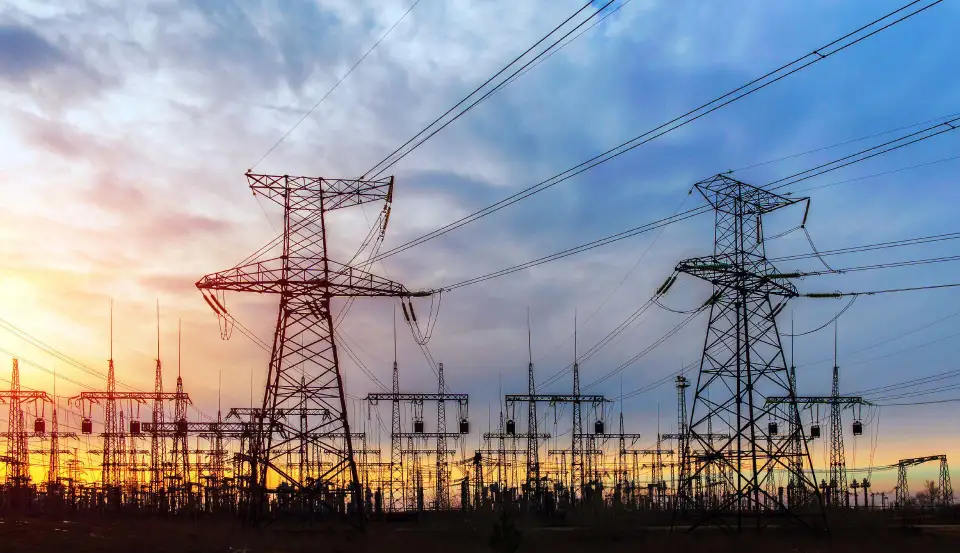On November 9th, according to CCTV News today, starting from January 1st next year, China’s new energy vehicle purchase tax will be adjusted from full exemption to half collection. Recently, due to the adjustment of car purchase tax and the impact of the traditional year-end sales peak season, China’s new energy vehicle market has ushered in a new round of consumption peak.
The relevant person in charge of the China Automobile Dealers Association stated that this policy adjustment is not only a change in tax measures, but also a key step in promoting the new energy vehicle industry from a “price war” to a “value war”, guiding the industry to transform towards high-quality development by setting technical thresholds.
According to industry insiders cited in the report, strict technological barriers will force car companies to increase their investment in core technology research and development, focusing on improving product quality, optimizing energy consumption performance and endurance, rather than simply relying on policy dividends for low-cost competition. This will effectively help the new energy vehicle industry overcome internal competition and shift towards a high-quality development track centered on technological innovation, assisting the industry in achieving sustainable and healthy development.
IT Home has noticed that several domestic car companies have introduced a purchase tax fallback policy, usually limited to locking orders before the end of November. If the vehicles can only be delivered in 2026, a purchase tax differential subsidy will be provided.
In October of this year, the Ministry of Industry and Information Technology and three other departments adjusted the technical requirements for new energy vehicle products that will be exempt from vehicle purchase tax from 2026 to 2027. The pure electric driving range of plug-in (including extended range) hybrid passenger vehicles should meet the conditional equivalent full electric mileage of not less than 100 kilometers, further raising the threshold for preferential purchase tax for hybrid vehicle models.













暂无评论内容